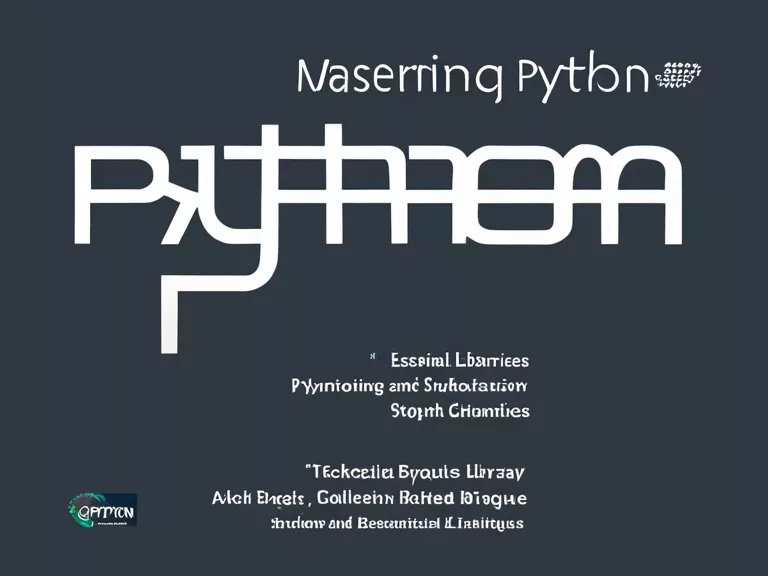
Getting Started with Kubernetes: A Beginner’s Guide to Container Orchestration
Kubernetes is an open-source container orchestration platform that automates the deployment, scaling, and management of containerized applications. It allows you to efficiently manage containerized applications in a clustered environment. If you are new to Kubernetes, this beginner’s guide will help you understand the key concepts and get started with container orchestration.
Understanding Kubernetes Concepts
Before diving into Kubernetes, it’s essential to understand some key concepts:
Containers: Containers are lightweight, portable, and self-sufficient execution environments that package an application and its dependencies together.
Pods: Pods are the smallest deployable units in Kubernetes, consisting of one or more containers that share resources.
Nodes: Nodes are individual machines in a Kubernetes cluster, such as virtual machines or physical servers, where containers are deployed.
Cluster: A cluster is a group of nodes that work together. It includes a master node that manages the cluster and worker nodes that run applications.
Getting Started with Kubernetes
To get started with Kubernetes, follow these steps:
Install Kubernetes: You can install Kubernetes locally on your machine using Minikube or set up a Kubernetes cluster on a cloud provider like Google Kubernetes Engine (GKE) or Amazon Elastic Kubernetes Service (EKS).
Create Deployments: Deployments define the desired state for your applications, including how many replicas to run and how to update them.
Expose Services: Services allow you to expose your applications to the outside world by creating a stable endpoint.
Explore Kubectl: Kubectl is the command-line tool for interacting with Kubernetes clusters. Use it to manage your cluster, deploy applications, and troubleshoot issues.
Join the Community: Join the Kubernetes community to learn from others, ask questions, and stay up to date with the latest developments in the Kubernetes ecosystem.
By following these steps and understanding the key Kubernetes concepts, you’ll be on your way to mastering container orchestration with Kubernetes.



